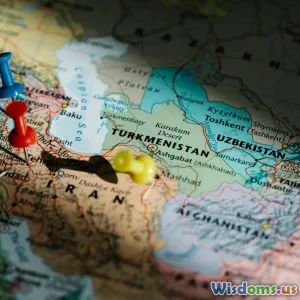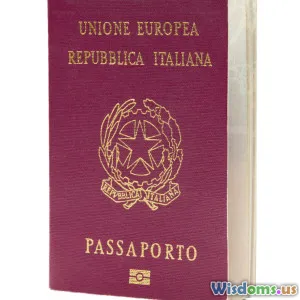
Personal Story Stolen Passport Nightmare in Europe
19 min read A firsthand account of navigating the chaos and recovery after a passport theft while traveling in Europe. (0 Reviews)
My Stolen Passport Nightmare in Europe: Lessons Learned from a Traveler’s Worst Case Scenario
Everything was packed, neatly zipped into a battered but loyal suitcase by the window. The scent of coffee and the early rays of sunlight filtering through hotel curtains in Rome marked the start of what I thought would be another exciting cross-continental journey. Little did I know that within a few short hours, I would be grappling with an experience that most travelers dread – my passport was stolen, and I was far from home with no immediate solution in sight.
This account details my stolen passport ordeal across Italy, France, and Spain. I want to offer actionable advice, clear procedures, and honest insights to help others avoid similar distress—or at least, handle it with more confidence.
The Theft: How It Happened

Everything went awry at Rome’s bustling Termini train station. Brimming with anticipation for my high-speed train to Florence, I let my guard down for a moment to snap a photo of my ticket. As I juggled my phone, backpack, and a cappuccino, I momentarily set my zippered pouch containing my passport by my feet. In that split second, distracted by a beggar’s approach and a push from a hurrying traveler, my bag was gone. At first, I thought it was a prank or a mistake—surely it would turn up.
But as the panic settled in and my frantic search yielded nothing, reality struck: someone had deftly swiped the pouch. The panic was compounded by my rapidly departing train and a language barrier. I immediately informed the station police: one of many steps that would become my new relentless routine. Within my bag, aside from my passport, were copies of travel insurance, an extra credit card, and—foolishly—my emergency cash.
Lesson: Never carry your passport in an easily accessible bag. Always use a money belt or neck pouch tucked under clothing.
Emotional and Logistical Fallout: What Getting Stuck Really Feels Like
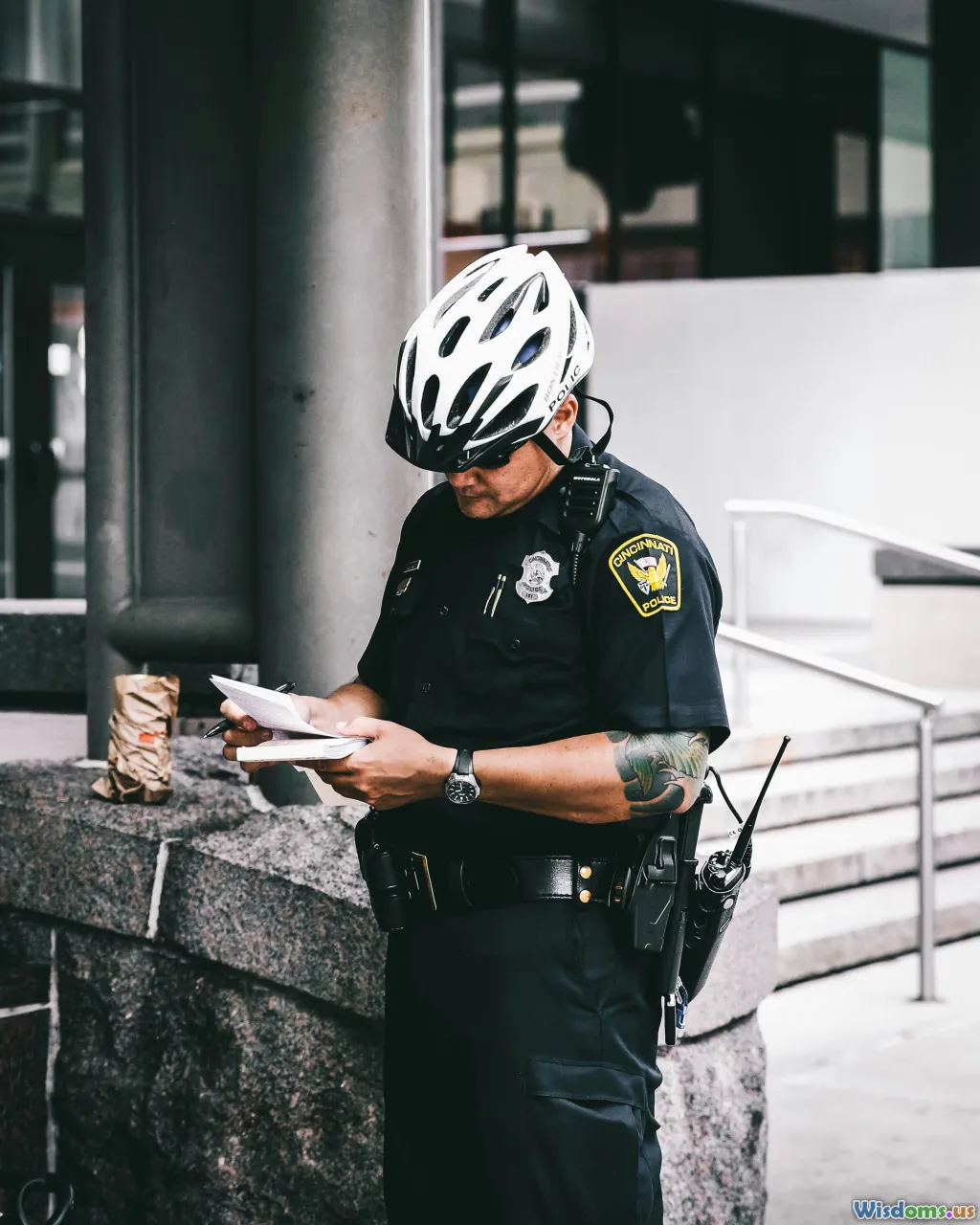
The soonest possible thing to do was get to the police station in the Termini’s bowels, where flustered tourists line up for reports on thefts. Losing a passport is as much an emotional event as a logistical problem. You are abruptly immobilized; your identity is inaccessible, your plans immediately derailed, and anxiety rises with every unanswered official.
Filing the report was not complicated, but it was time-consuming—made longer by a mix of Italian and English that left both sides frustrated. The form (“denuncia di furto”) needed detailed information on where, when, and what was stolen. I discovered scattered Wi-Fi and clerks who typed laboriously with one finger. I received a copy of the report after two hours. It was invaluable, as embassies require this documentation.
I contacted my embassy immediately but, like most others, realized they usually only take emergencies by appointment. I faced two days of waiting in Rome as a tourist in travel purgatory, living on a shoestring because all my backup funds were also gone. Over those 48 hours, I reflected bitterly on things I should have done differently: keeping digital scans of key documents and spreading out my stashes of cash and cards.
Tip: Always have digital and hard copies of your passport and insurance, and a backup card hidden in separate luggage.
Embassy Visit: The Reality Behind "Lost Passport Assistance"
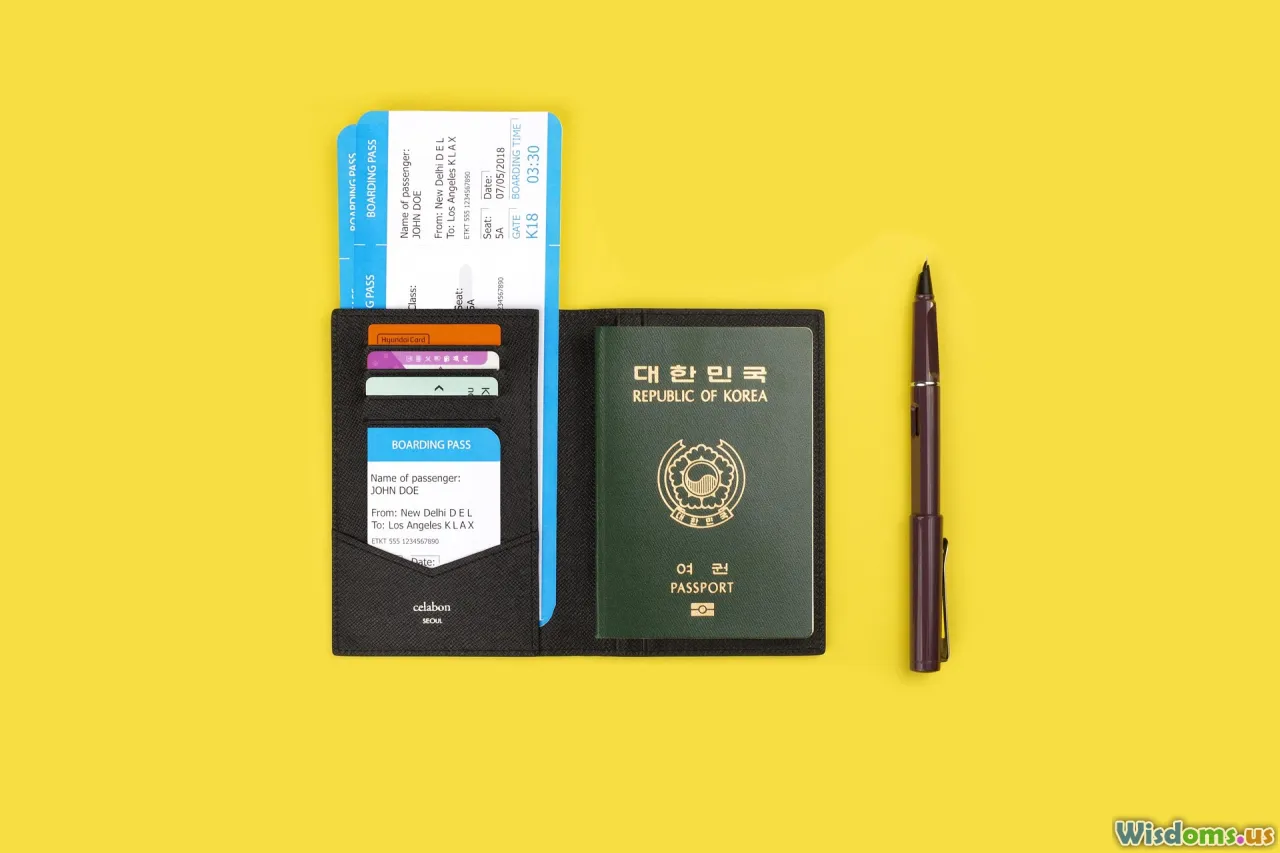
Finally, haggard from sleepless nights and constant phone calls to banks and insurance, I queued outside my country’s embassy in Rome before opening. Security was tight, and some applicants with less-than-severe problems were turned away. Inside, the atmosphere was slightly less formal than a DMV but much more tense: exhausted, jet lagged people listened for their names. You're there to prove who you are — with very few tools at your disposal.
Embassy staff explained: I’d need the police report, another form of ID (digital copy sufficed in my case), and a set of passport-sized photographs (easily obtained at machines nearby). The fee was steep—emergency travel documents aren’t given freely—and the replacement would only get me home, not allow further travel in the Schengen area. My broader European itinerary was succinctly canceled.
In about four hours my emergency passport, with a tinge of regret and immense relief, was ready for collection. I also filed an online report for a lost Social Security card and worked to lock down my bank accounts to avert further breaches. Airlines allowed me to rebook my flight home with my emergency document, but hotel and rail refunds proved elusive.
Fact: According to the UK Foreign Office, replacing a British passport abroad costs £100–250 and often comes only as single-use emergency travel documents.
Consequences and Complications: Not All Countries Treat It the Same
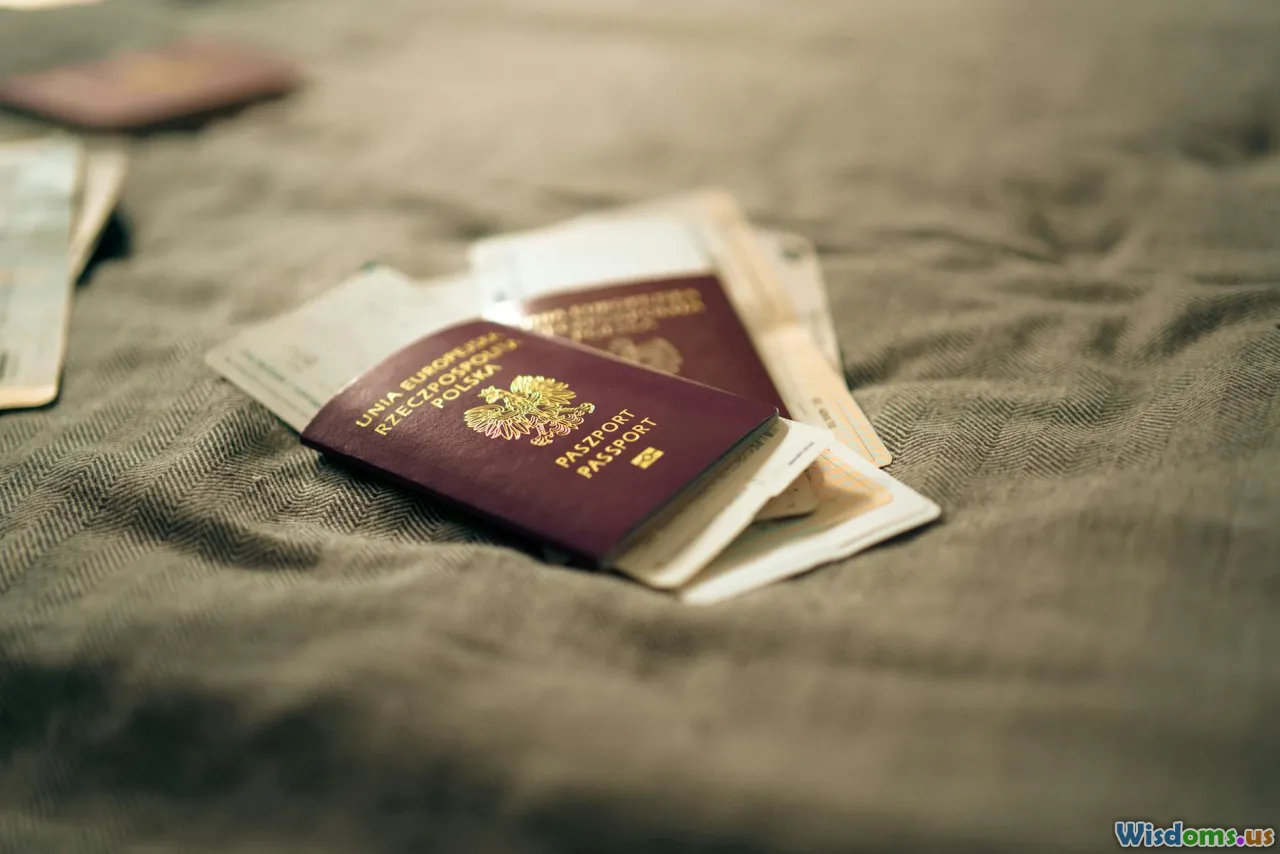
With my emergency passport, travel within Europe became a labyrinth. The replacement document, essentially a one-way pass, was not universally accepted. As I discovered regretfully at the French border—a round of security checks meant explanations, additional waiting, and secondary interviews as they checked my story.
France, like other Schengen countries, lacks routine internal border checks, but airport personnel scrutinized my replacement passport more closely than a work of art. In Barcelona, Spain, I was questioned for an hour; my answers had to perfectly match the story in my police reports and ambassadorial forms. Each crossing brought fresh anxiety—unlike my original plans, I now had to verify transportation compatibility with emergency documents. Many budget airlines had complex requirements and wouldn’t accept a temporary passport without a copy of the police report and embassy letter.
Tip: Before booking onward travel, check with airlines and train services for required documentation. Do not assume one emergency document will be universally valid for cross-border travel in Europe.
Coping with Financial Loss: Practical Steps for Money Recovery
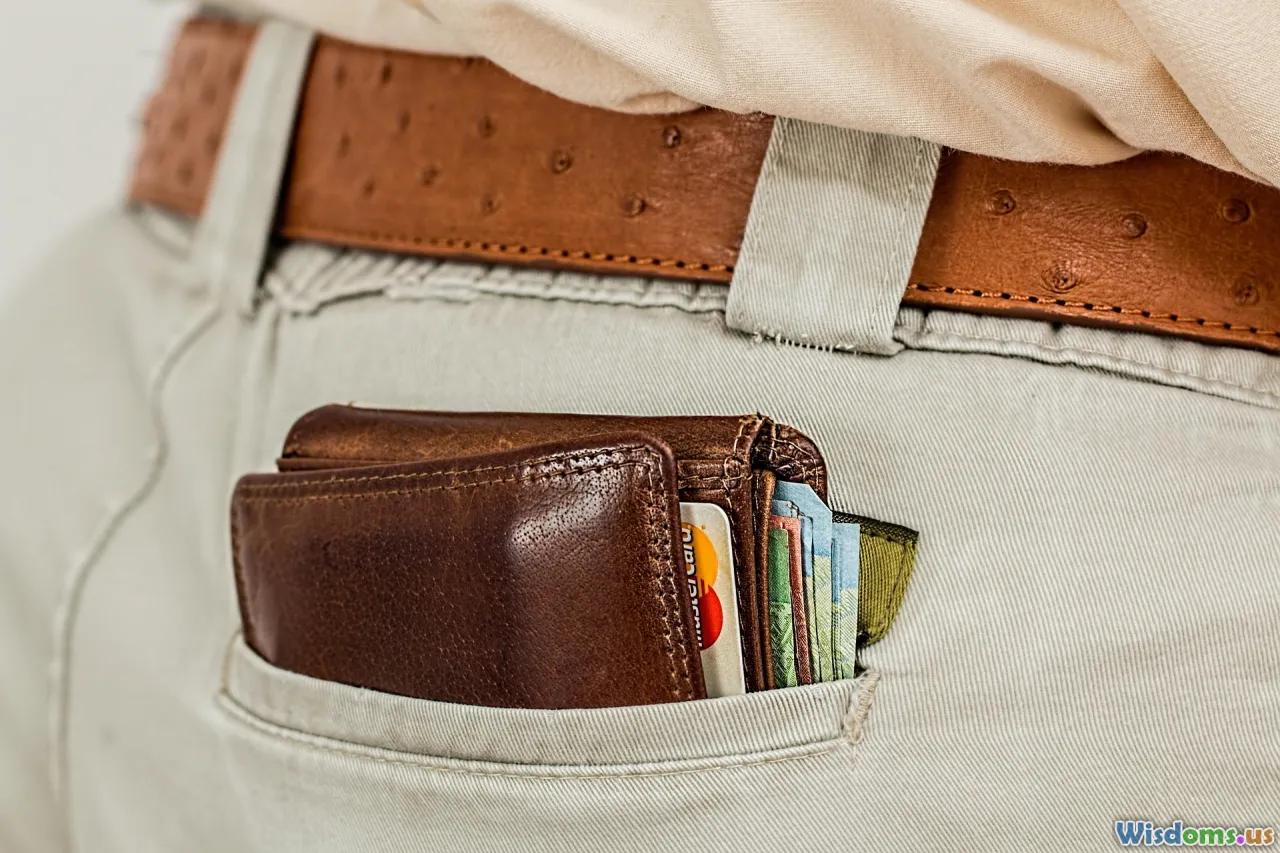
Losing my passport also meant the immediate loss of bank cards and access to funds. My primary bank responded quickly to freeze the lost credit card, but replacing it abroad wasn’t possible. Thankfully, I had made arrangements with a friend back home who was able to wire money through Western Union—a life raft for stranded travelers.
Many travelers overlook this step, but having someone prepared to move money to you fast can prevent unpaid hotel bills or worse. International banking customer support facilitated some temporary access. However, if I had stored back-up cash in a hidden pouch or money belt (instead of my master bag), I wouldn’t have relied so heavily on friends for help. For insurance compensation, both the financial and material losses required meticulous documentation with receipts and police files.
Actionable advice: Establish emergency contacts for fund transfer (e.g., trusted family/friends), clarify with your bank how to access cash from abroad without your original card, and always carry multiple forms of payment distributed in different places on your body and luggage.
Local Authorities: What to Expect When Reporting
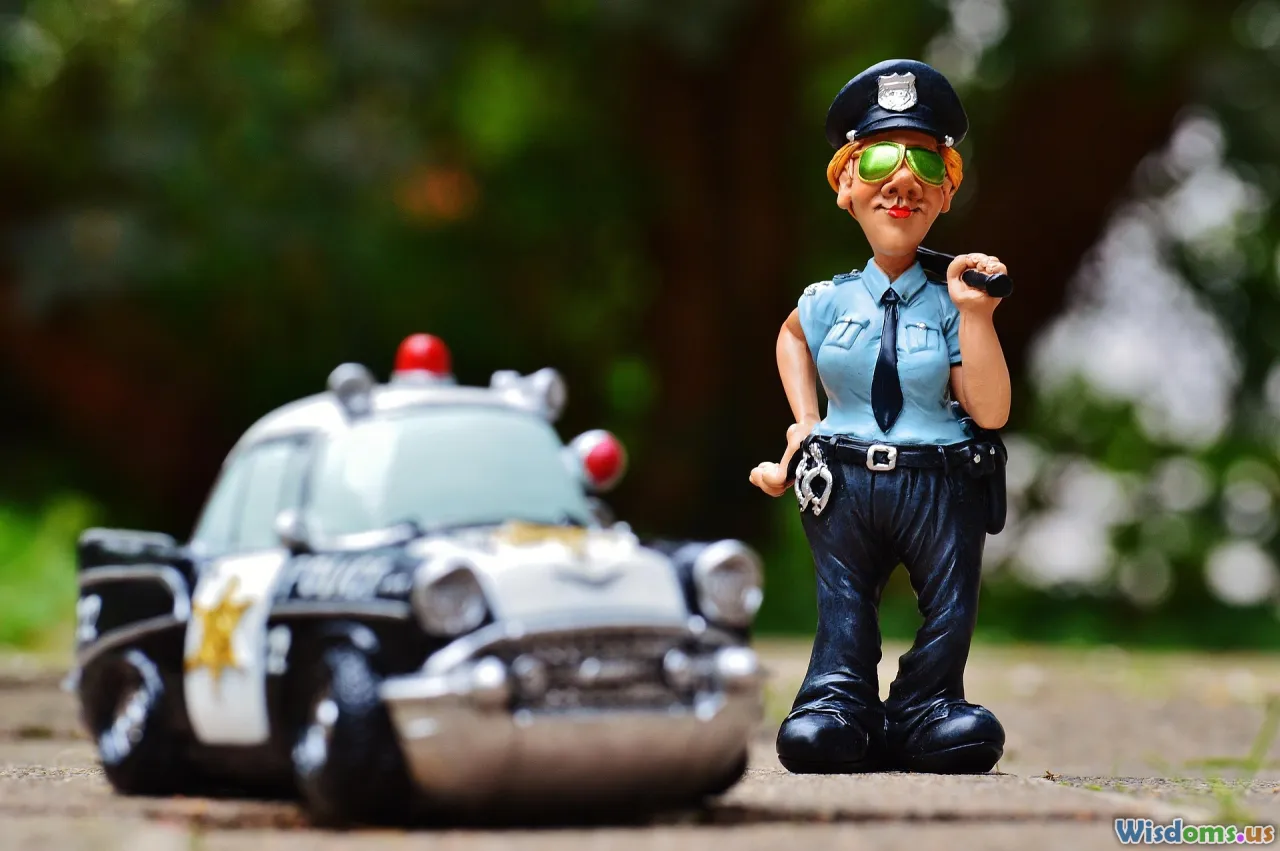
Dealing with local police was a lesson in patience. The Carabinieri and local stazione polizia each had finite English skills and even less familiarity with embassy processes. Expect to wait, possibly for hours, queue with other victims, and explain your situation multiple times.
I noticed police often treat thefts as routine, because crime against tourists is sadly commonplace in many hotspots. Their priorities include keeping you calm, issuing a report, and getting you on your way. But do insist on a stamped and signed report—insurers and embassies will need this.
If possible, bring a translator app or enlist hotel reception staff to help communicate. Be firm but understanding: remember, they deal with hundreds of such reports weekly. Avoid venting your frustration at the officers.
Insight: Always document your police visit. Get the officer’s name, badge number, and precise date/time stamp on the report.
Insurance Claims: Will You Get Reimbursed?

Travel insurance was my silver lining, though it came with its own checklists. My policy covered theft, lost travel documents, and (within limits) disrupted transport. Filing the claim required original copies of my police report and embassy documents, plus receipts for out-of-pocket expenses (hotel overnights, meals during extra stay, rebooking fees).
Several days’ delay in Europe, lots of online forms, and a few careful phone calls later, my insurance reimbursed about 70% of financial losses from reissuing the passport, emergency hotel stays, and rerouted flights. Not every policy is the same—some only cover document replacement, others only theft of cash if it's secured, still others require you to pay upfront and claim later.
Step-by-Step Claim Tips:
- Notify your provider as soon as possible after the incident
- Provide all documentation: police, embassy, receipts
- Keep a clear log of all relevant communication and dates
- Understand your excess (deductible) and payout rules
Example: World Nomads covered my emergency document and additional hotel night, but denied refunding a missed pre-booked train because my original documents were not uploaded within 48 hours. Details and fine print truly matter.
Psychological Toll: Regaining Travel Confidence

While most discussions revolve around the paperwork and procedures, the emotional fallout can be intense. Suddenly you feel helpless, isolated, and scrutinized—especially as a solo traveler without access to identification.
I spent sleepless nights replaying my mistakes: why hadn’t I separated my cards? Why didn’t I copy down my passport? Traveling after the incident, I was hyper-vigilant: clutching my replacement document with white-knuckle insecurity, wary in every crowd, anxious boarding trains. In the aftermath, I discussed my ordeal online—realizing how many others had experienced similar fiascos was oddly reassuring. Community forums offered support, validation, and more tips than official websites ever could.
Resilience tip: Join online travel communities (like Lonely Planet’s Thorn Tree or Reddit’s Travel Sub) both for moral support and practical advice. It can make a major difference in regaining your travel confidence and composure.
Preventing Passport Theft: Smart Tactics Moving Forward
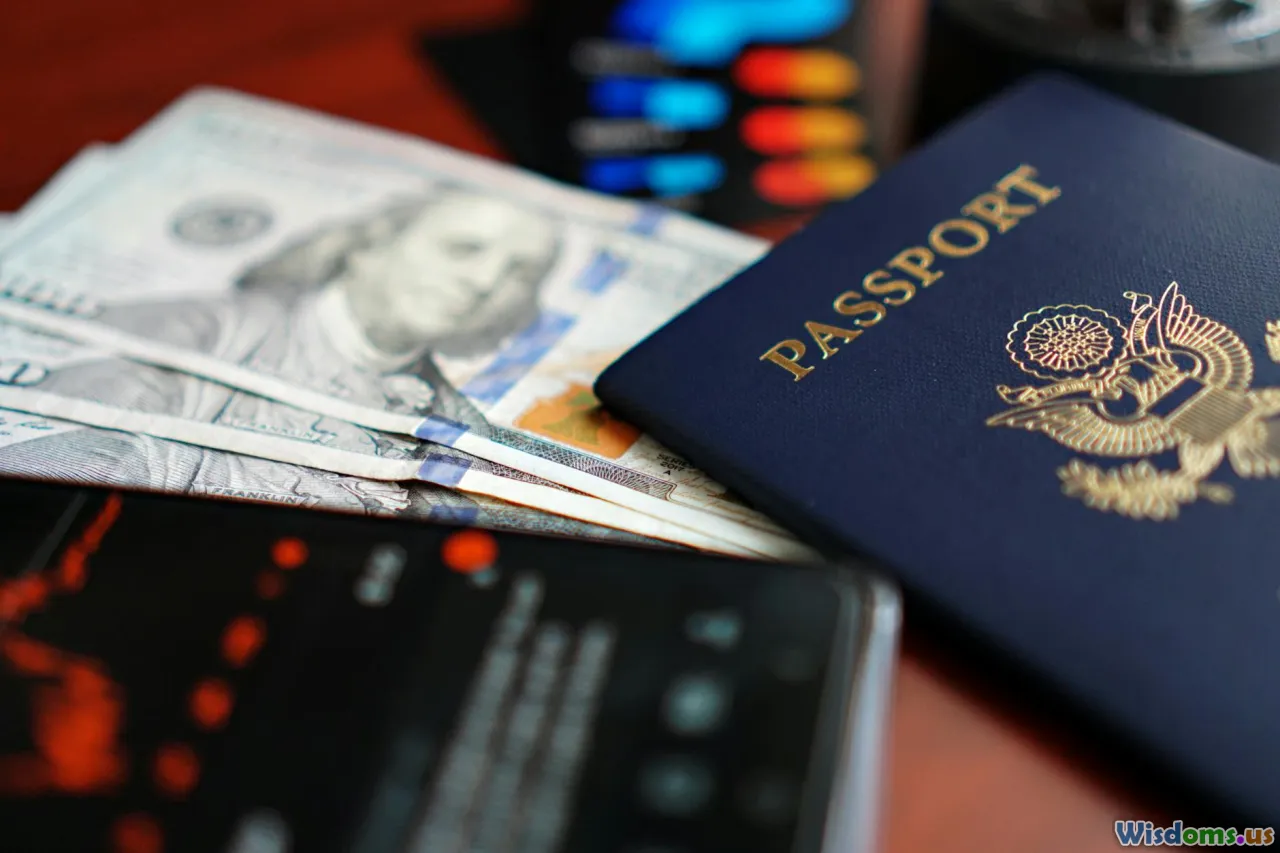
Having survived this ordeal, I vowed never to travel again without doubling down on document security. Here are proven best practices:
- Travel with a money belt or neck pouch for your passport and main cards; keep backup cards/cash in a lockable suitcase or elsewhere on your body.
- Never leave bags unattended—even for a second. Pickpockets are lightning-fast, especially in crowded areas like stations, markets, or busy plazas.
- Carry color scans (printed and digital) of your passport and insurance. You can store secure scans in email or cloud services with two-factor authentication.
- Don’t keep all valuables together: Split cash, cards, and documents among different pockets and bags.
- Stay informed: Before leaving for a new country, make a note of all embassy and consulate locations, nearest police stations, and emergency contact procedures.
Example: A fellow traveler in Florence carried his passport only for transit, otherwise locking it in his hotel safe. When a theft occurred at a café, his losses were limited to replaceable items, not his entire identity. Simple tactics = huge stress savings.
Navigating Your Next Moves: How to Recover Quickly If It Happens to You

No matter how careful you are, the unpredictable still happens. Here’s a rapid-recovery action plan honed from my experience:
- Stay calm and retrace your steps: Sometimes items are handed in by good Samaritans. Ask nearby attendants, info desks, or police.
- Visit the nearest police station for a formal theft/loss report. Get a certified copy immediately.
- Contact your country’s embassy/consulate: Make an emergency appointment and get their checklist for what to bring.
- Secure your finances: Ask your bank to freeze lost cards and inform about emergency cash pickup options (Western Union, MoneyGram).
- Stay in a secure location: Choose reputable hotels/hostels while you solve your situation.
- Connect with fellow travelers and local help: Hotel staff, travel forums, even backpacker hostels can offer tips and camaraderie.
- Document everything: Dates, times, officials you speak to, and any incident numbers.
Above all, remember this is a setback and not a catastrophe. There are support systems: travel insurance, consular help, friends, and even the generosity of strangers. My theft derailed my dream trip through Europe, but surviving it unlocked a resilience and wisdom that still shapes my travels today.
For every lost item, there’s a lesson in vigilance. For every sleepless night, a community who’s survived and rebuilt. If you’re ever left staring down at your empty pocket in a foreign station, remember—you will make it through, and return home with stories and strength you never expected to gain.
Rate the Post
User Reviews
Other posts in Travel Safety & Health
Popular Posts
















